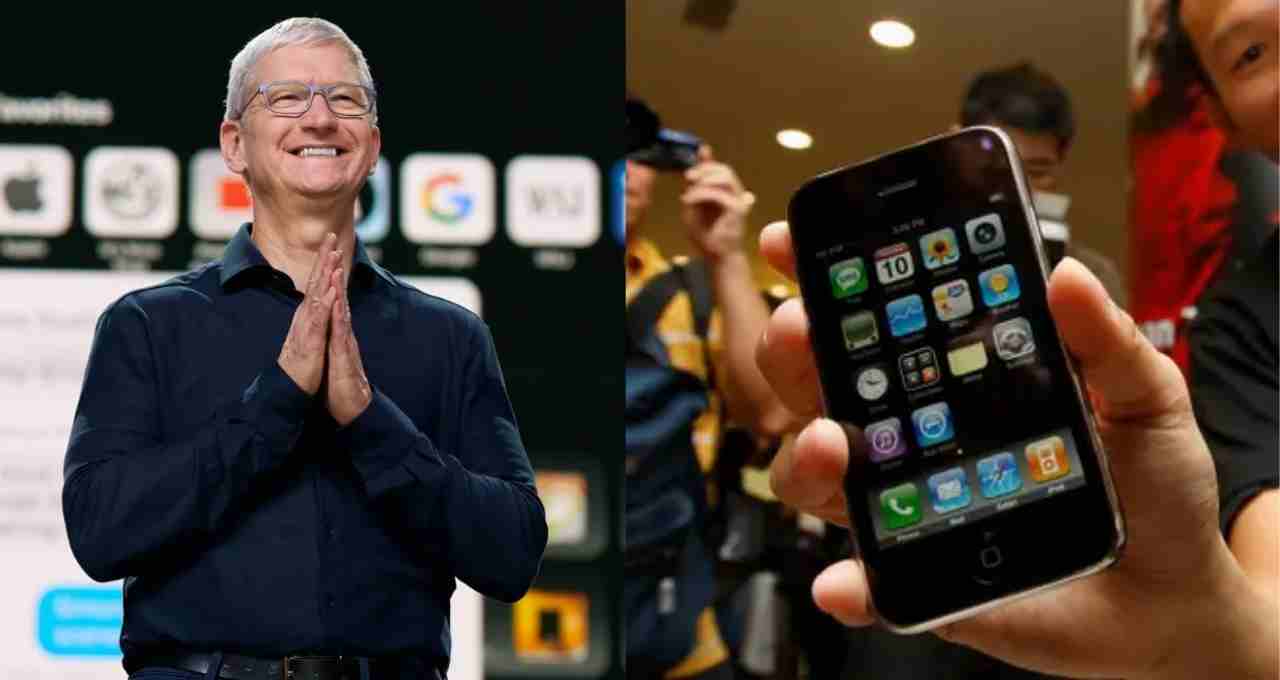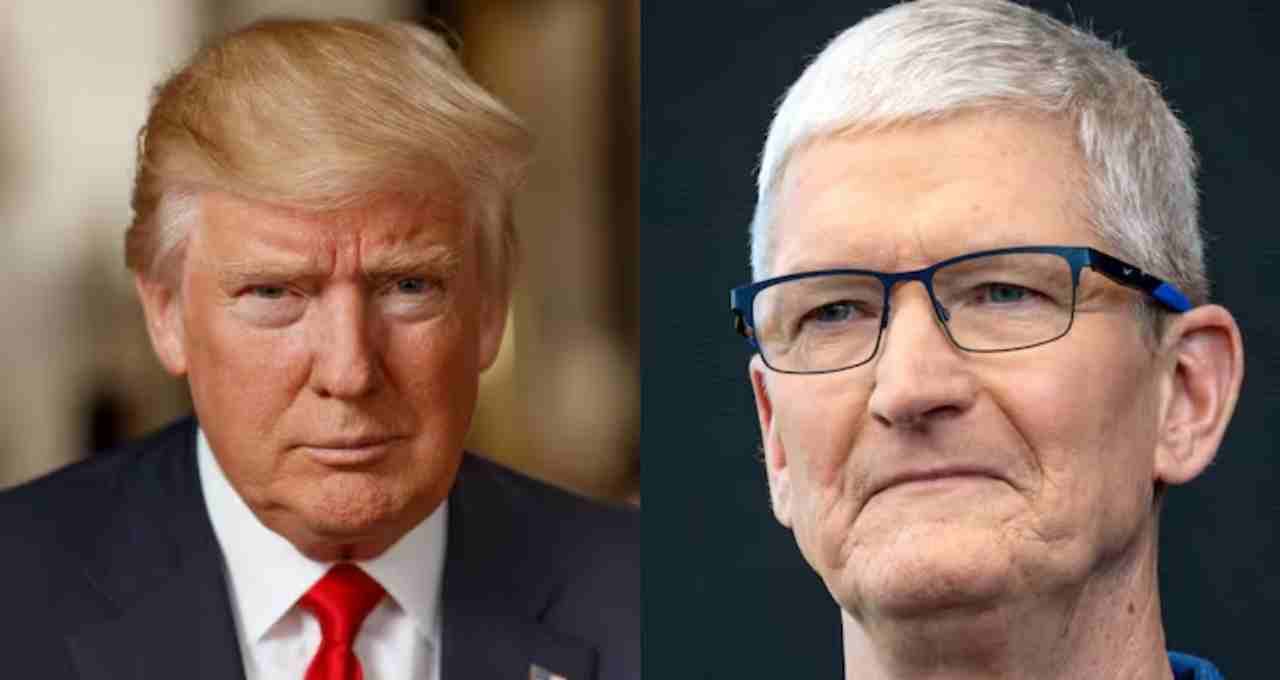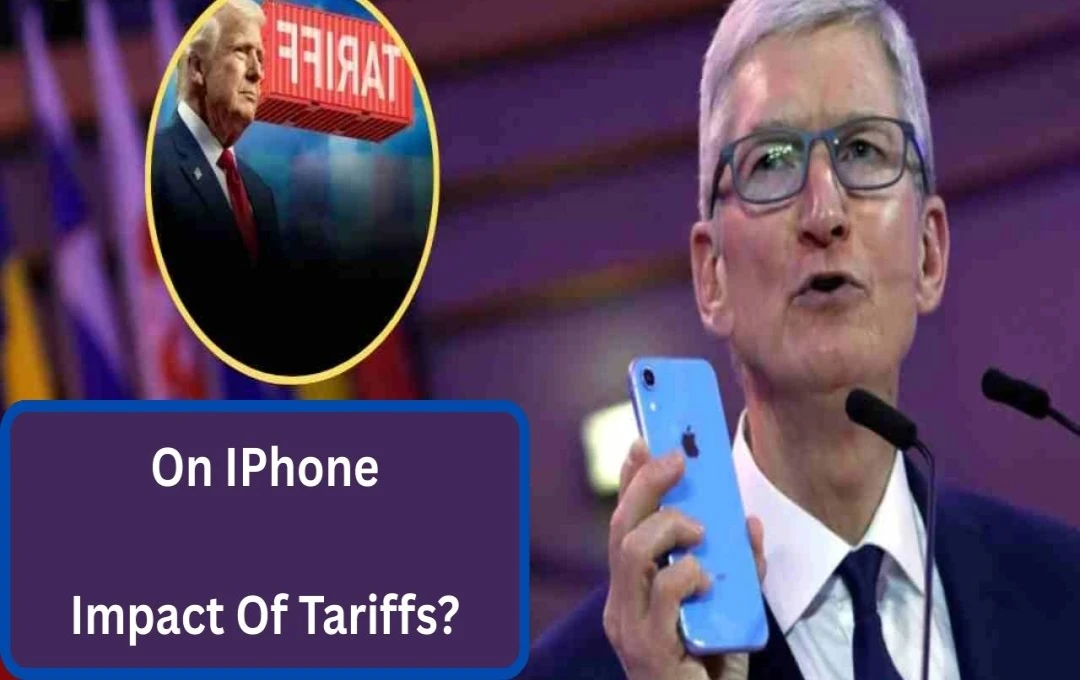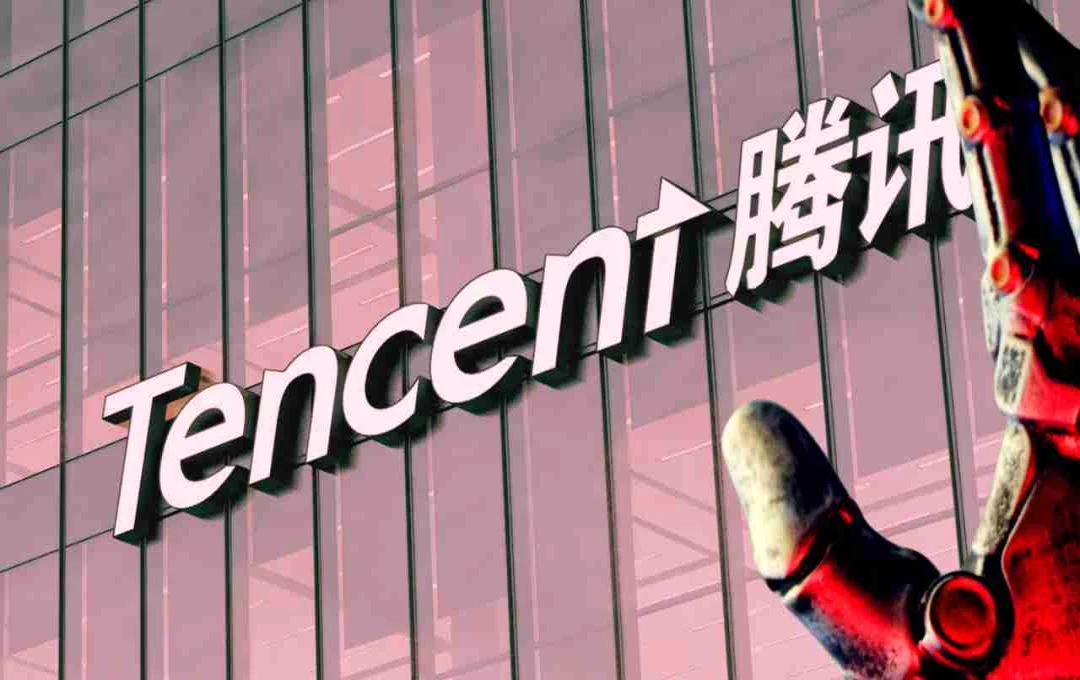Customers planning to purchase iPhones have received some concerning news. The ongoing trade war between the United States and China could lead to increased iPhone prices. Apple CEO Tim Cook recently addressed this issue.
Apple CEO Tim Cook: Apple, one of the world's largest tech companies, is once again in the headlines, this time due to the escalating US-China trade war. The announcement by former US President Donald Trump of hefty tariffs (up to 145%) on products originating from China sent shockwaves through the market. The question now is: will this impact consumers? Specifically, will iPhone prices increase? Apple CEO Tim Cook has addressed this issue openly for the first time.
Tim Cook Clarifies on Tariff Concerns
Apple CEO Tim Cook clarified that, so far, there has been no direct impact of tariffs on customers. Apple has effectively absorbed these increased costs within its supply chain. Cook stated, "Our team has managed the supply chain very well, and we currently don't want to burden our customers."
However, he also acknowledged that if US-China trade relations deteriorate further or the current tariff situation worsens, Apple could face an additional expense of approximately $900 million, or roughly ₹7,500 crore. This is a significant financial pressure that will not be easy to manage.

iPhone Prices Currently Stable, but the Future is Uncertain
Cook's statement offers some relief: current iPhone prices will remain unchanged for now. However, he also made it clear that if the situation worsens and tariffs increase, the company will have no choice but to raise prices. "If the situation remains stable, we will not change the price, but if instability persists, we will have to change our strategy," Cook said.
Apple's Backup Plan: Shifting from China to India and Vietnam
Apple has already begun implementing plans to reduce its reliance on China. Cook revealed that Apple is now increasing its production in countries like India and Vietnam. Over 50% of iPhones sold in the US are now manufactured in India. Meanwhile, iPads, MacBooks, AirPods, and Apple Watches are being manufactured in Vietnam.
The company adopted this strategy because they recognized the risks of over-dependence on a single country. "We want to create a stable and diverse supply chain to protect against such global crises," Cook explained.
Impact of Trump's Policy on Apple

According to Donald Trump's policy, almost all products from China entering the US could face import duties of up to 145%. However, Apple has received temporary exemptions on smartphones, computers, and some technological devices. But this exemption is not permanent and these policies could change if the Trump administration returns to power.
For now, Apple has shielded its customers from the impact of tariffs, but how long this relief will last is uncertain. If tariffs change significantly or production costs increase further, customers may have to spend more to purchase iPhones, iPads, or MacBooks.













